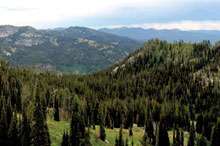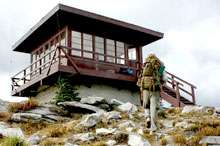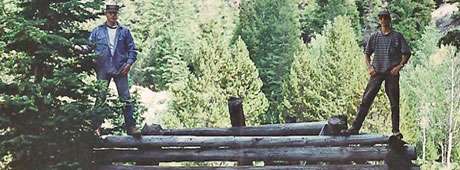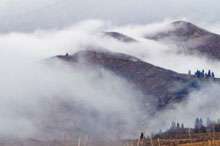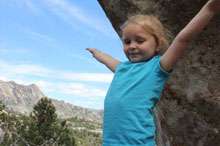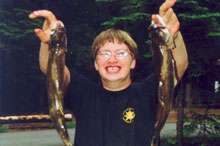One of the biggest mistakes my husband Rocky and I ever made was the year we allowed our grown-up children and their friends to talk us into letting them put in their inner tubes beside the bridge near Featherville and float a section of the Boise River down to Johnson Bridge.
The problem was we could not drive alongside the river to check for “strainers,” the fallen trees or branches in the water, or for any other safety issues. Even so, we blithely waved them on their way, telling them we would meet them in two or three hours at the bridge.
After three hours had come and gone, I began worrying that something had happened. We drove every road we could find that went to the river, with no sign of any of them. My husband, granddaughter, and I drove up and down the road between the two bridges, over and over again. About five hours later, we finally found two of the boys trying to hike out to the road. They had run into several strainers and had almost drowned. Having decided enough was enough, they had begun walking. But that still left six people in the water—and we could not find them.
The problem was we could not drive alongside the river to check for “strainers,” the fallen trees or branches in the water, or for any other safety issues. Even so, we blithely waved them on their way, telling them we would meet them in two or three hours at the bridge.
After three hours had come and gone, I began worrying that something had happened. We drove every road we could find that went to the river, with no sign of any of them. My husband, granddaughter, and I drove up and down the road between the two bridges, over and over again. About five hours later, we finally found two of the boys trying to hike out to the road. They had run into several strainers and had almost drowned. Having decided enough was enough, they had begun walking. But that still left six people in the water—and we could not find them. Continue reading →
